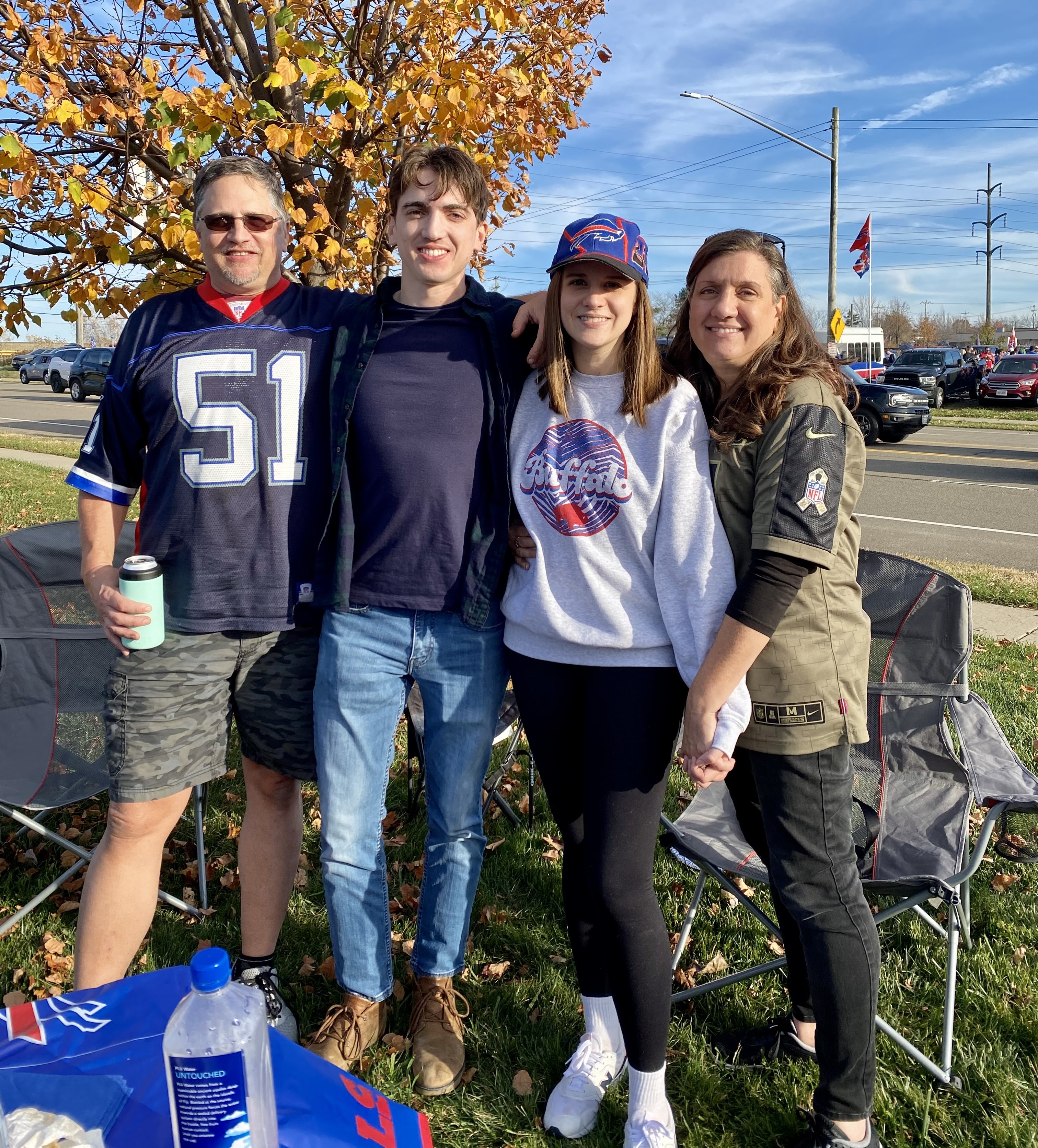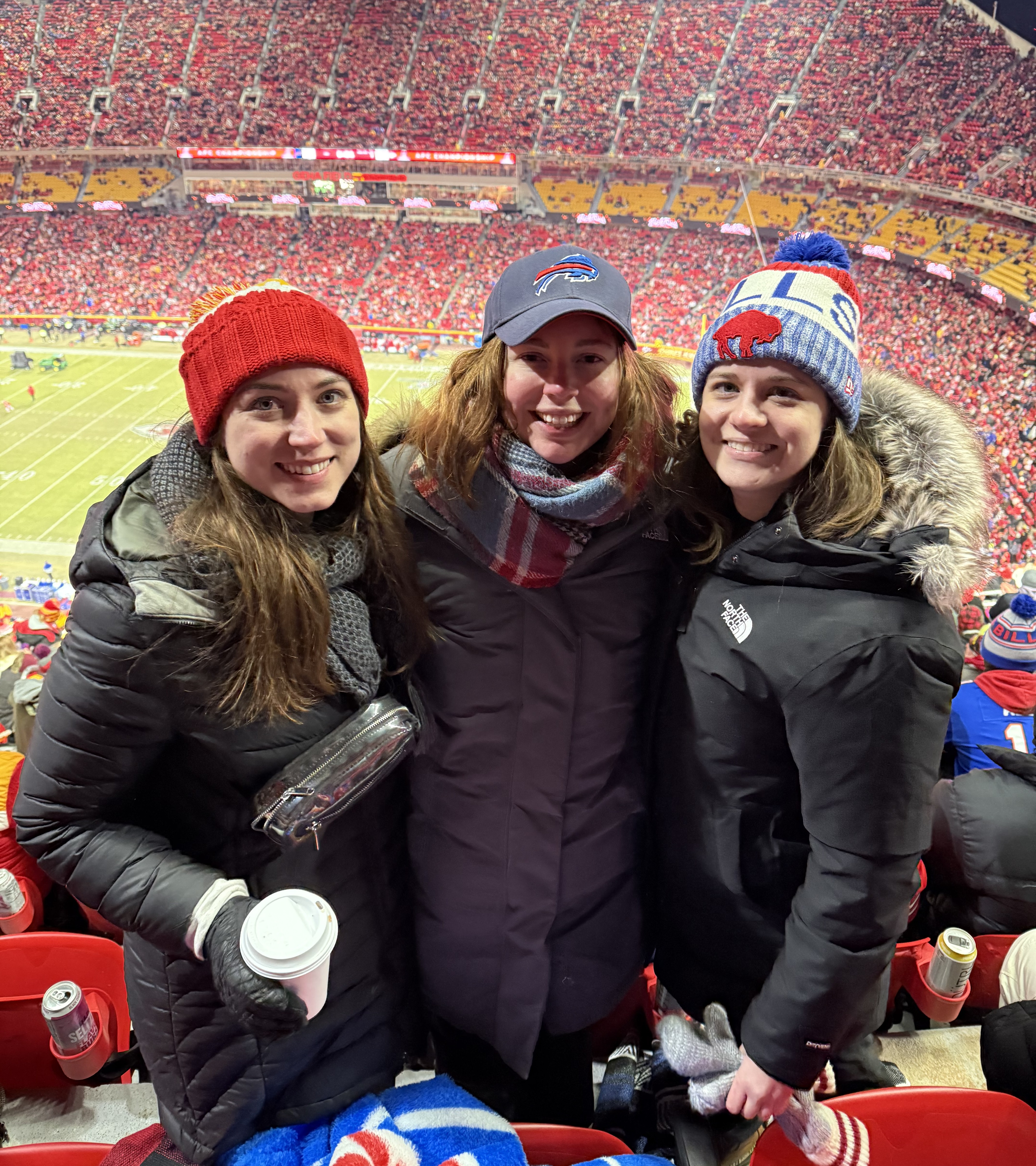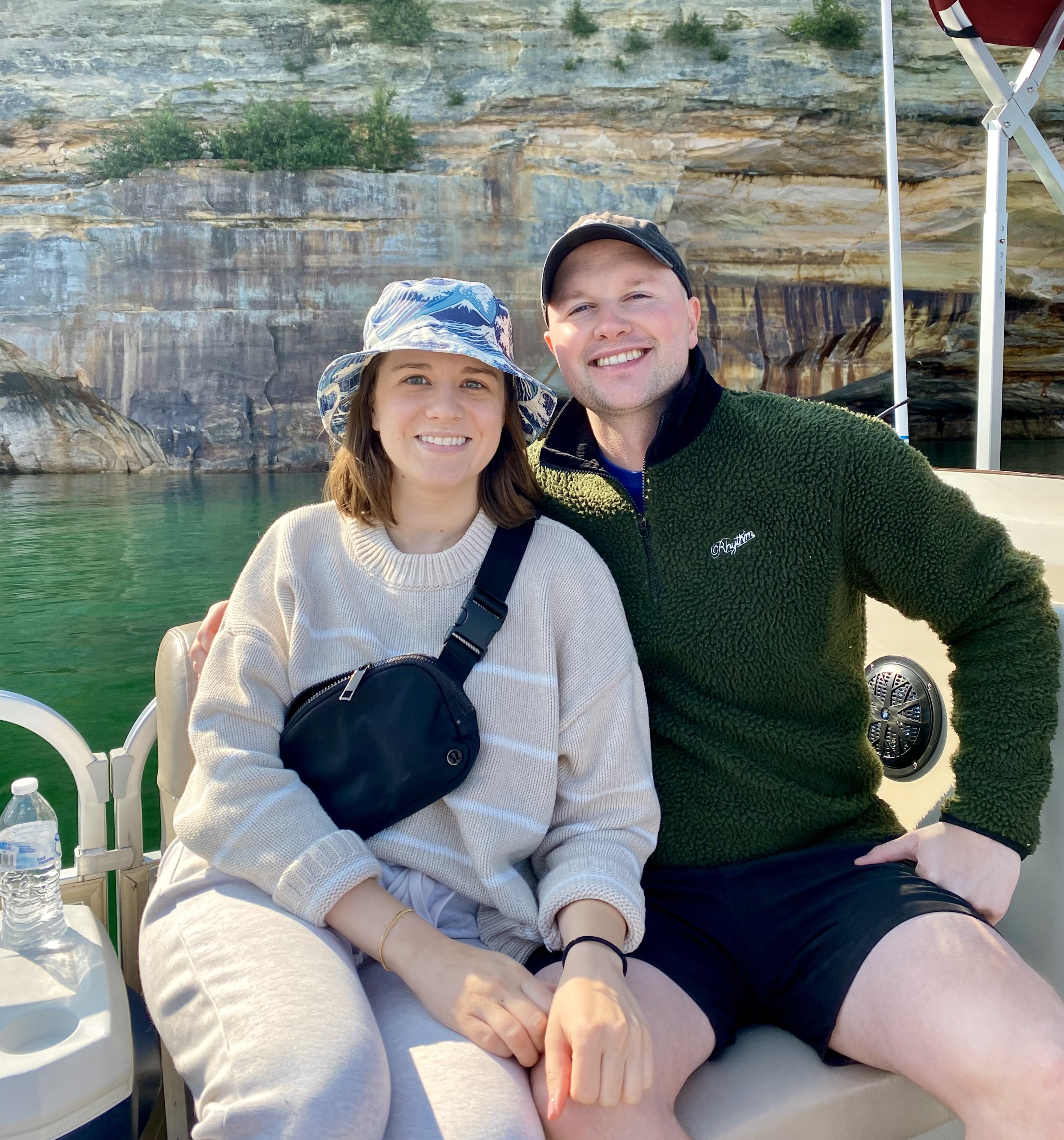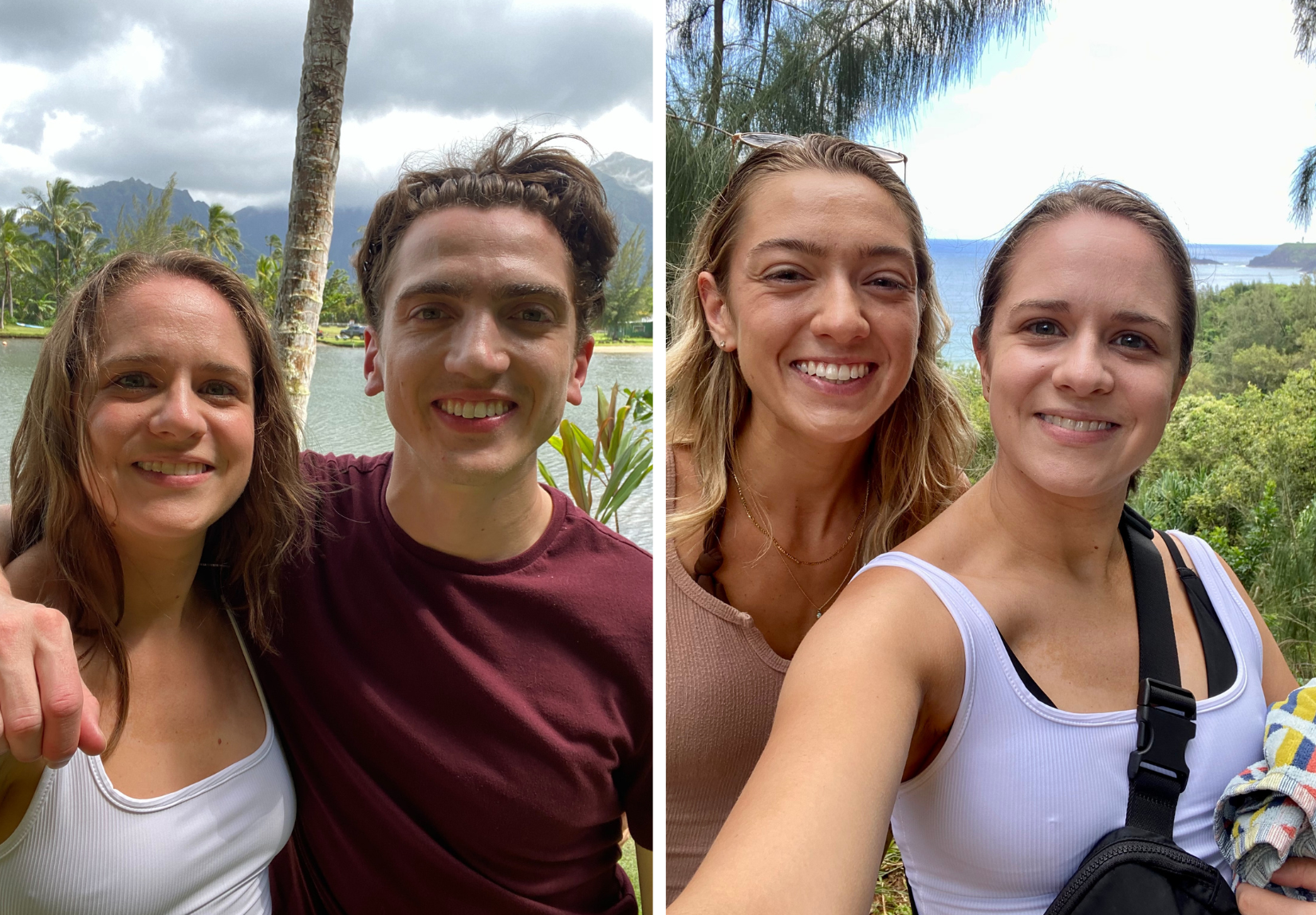Strong-minded litigator finds her place in big city law firm
Articles
Spotlight
View more from News & Articles or Primerus Weekly
By Brian Cox
Attorney Caitlin Brown started working in an upscale restaurant when she was 15 and she kept on working in the restaurant industry through high school, college, and law school. She says the hard work prepared her in many regards for a career in law.
“It’s almost like litigation,” she explains. “It’s very fast paced. You have to think on your feet, and you have to interact with people who are purposely trying to make life difficult. You have to stand strong. Over the years, I built up a resistance to people being rude.”
Shy and quiet when she was younger, Brown says waiting tables and – years later – participating in mock trials helped her emerge from her shell and step outside of her comfort zone.
Now, as senior counsel for Kozacky Weitzel McGrath, P.C,, in Chicago, Brown focuses her litigation practice on commercial transactions, contract disputes, and transportation law, including admiralty law and maritime law.
Born in Cortland, N.Y., just south of Syracuse, Brown’s family moved to Buffalo not long after she finished first grade. Her father was in sales for a family-run agricultural feed and grain company. He now manages a feed plant for Land O’Lakes. Her mother was an elementary school teacher. Brown was in Buffalo long enough to become a Bills fan, but in the middle of fifth grade, the family moved to a small town outside of Burlington, Vermont, where they stayed until Brown was entering high school, at which point they moved back to western New York near the Finger Lakes area. Each move brought a set of challenges for Brown, who had to make new friends and figure out how to fit in with her peers, which can be especially difficult in small towns. Her graduating class in western New York had fewer than 150 students.

“In hindsight, I think it actually paid off for me in that I was forced to move around and uproot my life and meet new people,” says Brown.
After high school, where she excelled academically, Brown attended St. Bonaventure University, a small school just south of Buffalo. It was not her first choice, however. Both her parents were St. Bonaventure grads, which from Brown’s perspective was a negative.
“I wanted new experiences,” she says. “I didn’t want to be defined by my parents’ experience at Bonaventure.”
But the scholarship was difficult to ignore, and the university offered a program that allowed students who scored high enough on the ACT to join the pre-med program and be automatically accepted into George Washington Medical School without having to take the MCAT. For Brown, who was interested in being a pediatric oncologist at the time, the offer was too good to pass up.
“I actually liked it when I got there,” she says. “I liked the small community, the smaller classes, and how receptive the professors were.”
Her plans to go into medicine went awry when she took chemistry and hated it, but another career path presented itself when she elected to take a mock trial class as a way to meet the requirement of a public speaking course. Through mock trial, she was able to employ a streak of defiance and doggedness that she’s had since she was a young child.
At the age of 14, she became a vegetarian after being handed educational pamphlets on animal cruelty while in line to get into a concert. When she informed her parents that she was never eating meat again, they laughed and said her vegetarian phase wouldn’t last long. Brown took it as a personal challenge and says it is probably a big reason why she remains a vegetarian more than 15 years later.
“I’ve always been strong minded and a little stubborn,” says Brown. “My parents always told people I was going to be a lawyer when I grew up, which made me not want to be a lawyer, naturally.”
But the mock trial class started to change her mind.
She loved it. After the class, she joined the Mock Trial Club and was a member of the team that made it to the opening round of nationals for the first time in St. Bonaventure’s history. She remains in touch with her professor and recently met on Zoom with several of her mock trial teammates just to catch up.
“The people on my team were all so incredible,” says Brown, who adds that the experience built up her confidence tremendously. “They’re almost all lawyers today and still incredible people.”
After the class, Brown decided to focus more on legal classes and ended up minoring in Law and Society. Her junior year, she decided to go to law school “because I love this stuff. I think it’s fun and I have a passion for it.”
Still, she wasn’t convinced she wanted to be a litigator. A psychology professor who focused on food and nutrition offered to work with Brown on a study that integrated her interest in law with his work involving food policy.


The idea sparked in Brown an interest in food and nutrition labeling policy. She had become acutely aware in high school of the struggle many people face to afford healthy food.
“Being a vegetarian at the time, I was learning of the intersection of cheap food and healthy food,” she says. “People who have a very low income and live close to the poverty line don’t have access to fresh food and are forced to buy prepackaged, processed foods that keep them unhealthy.”
The professor suggested they conduct a study involving nutrition labels that used simple emoticons to designate whether a product was healthy or unhealthy for people who may not have the health literacy skills needed to comprehend a standard nutrition label.
Brown polled people at a grocery store to learn if the emoticons helped them differentiate between healthy, healthier, and unhealthier foods. The graphic labeling worked, and the peer-reviewed study was published in the Global Journal of Health Science in 2015, the year she graduated.
Brown carried on her interest in food and nutrition policy when she attended Michigan State University College of Law. She started the school’s first Food Law Society and served on the executive board of the National Food Law Student Network. She envisioned possibly working at a nonprofit after graduation to help draft policies and regulations that would address food labeling, food scarcity, and general food nutrition education.
Today, she remains active in the food policy field and currently sits on the Young Professional’s Board of the Illinois Environmental Council.
During law school, Brown clerked with a firm that was immersed in litigation involving survivors of Larry Nassar, an assistant professor at the university and the team doctor of the U.S. Women’s National Gymnastics team before he was accused and convicted of sexually assaulting hundreds of young athletes.
Brown was tasked with conducting almost 60 interviews with clients who had to complete an extensive questionnaire as part of the mediation process.
The work was tolling and painful.
“I’m still thankful for the experience because there were some moments that still hit me with how strong and resilient women are,” says Brown.
